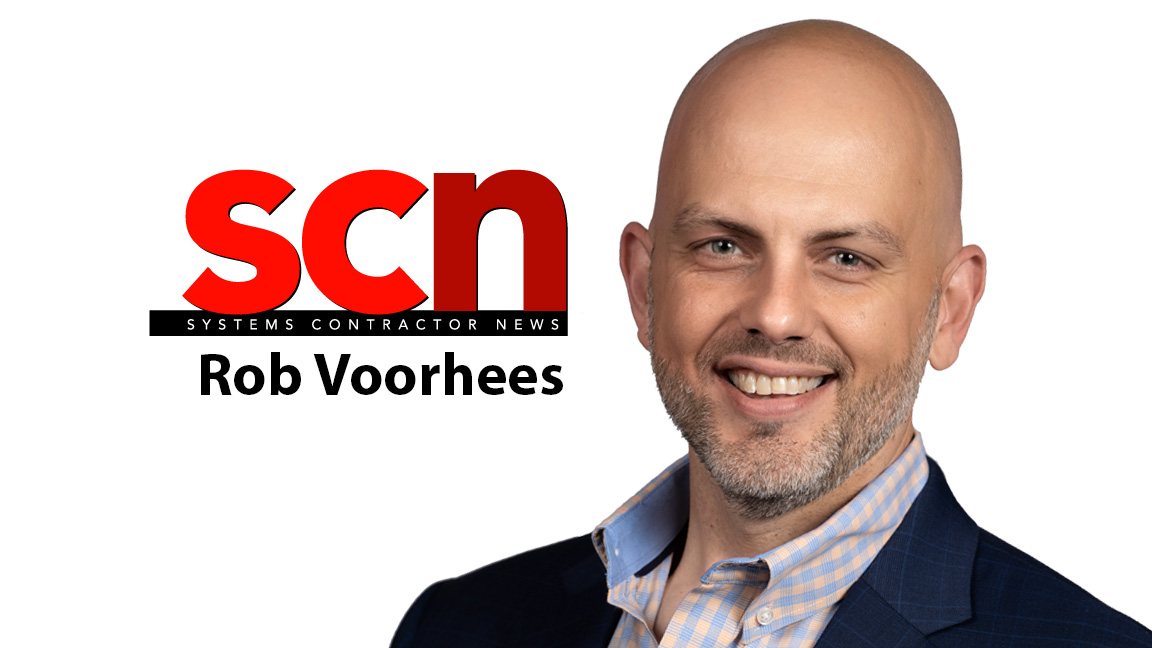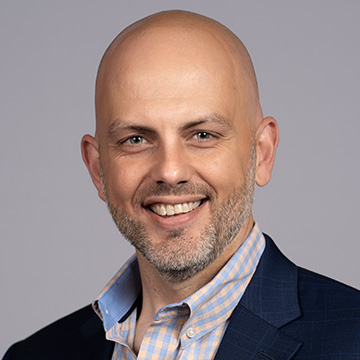By now, many in the AV industry have heard my “story.” No, not my childhood as a middle child in a suburban area of Central New Jersey. I’m talking about my story regarding how I became thrust into the spotlight of neurodiversity in the workplace. When I attended the Exertis Almo E4 Experience in Boston in 2022, I heard one of the panelists speak about autism and neurodiversity—and made it my plan from that day forward to not let the subject quiet down.
[Viewpoint: Managed Services Are a Must]
You see, I am an emotionally proud father of a 16-year-old daughter “on the spectrum” (autism spectrum disorder). Samantha was diagnosed at a very young age, and in the 10-plus years that have passed since that day of diagnosis, it has been my mission to learn and support her and her needs in every way possible.
It's important to note that I’m not perfect by any means. I still find myself yelling and clapping during an Eagles game, even though she has told me time and again that loud noises bother her ears (sensory issues). But I’m learning and trying to be better every day.
Starting the Conversation
After that day in Boston, I started my mission of blending personal and professional by sharing small stories on LinkedIn about my daughter and why I thought neurodiversity in the workplace was so important. Someday soon, Samantha would be seeking her first job, and I wanted to know she had a fair chance because her grades, personality, and work ethic speak for themselves!
I was certain I was going to stop speaking on this subject because I figured that people “got it.” What I did not imagine was the response over the past two years.
In 2022, I was asked to contribute to a piece with MarketScale on how neurodiversity was playing a larger role in AV. I see firsthand how headphones, mobile devices, displays, lighting, and now AI can make life not only enjoyable but easier for those with ASD, so it was natural for me to speak on the subject. After that, opportunities continued to present themselves, such as becoming a full-time panelist for our E4 Experience show circuit, as well as contributing multiple blogs and press interviews on the subject.
Throughout all of this, I’m sure Samantha was starting to feel like quite a celebrity, culminating in her being a very special guest of mine on my Mind Your Business podcast, where we talked candidly about her job interview experiences and how autism acceptance was now the mission.
With all this said, the “bulk” of my story happened between June and November 2024. That is when I was chosen to create and present a session at Infocomm, which I titled “Autism and AV.” As a presenter, my biggest fears are always wondering what if nobody shows up or nobody cares. Those thoughts quickly disintegrated when I learned my session was sold out. That day, I presented to a packed room with more questions and audience participation than I had time to answer. In fact, three gentlemen followed me out of the room to continue the dialogue.
Continuing the Discussion
That day in Las Vegas grew into sharing an abbreviated version on an internal “all hands” sales call, then presenting the same presentation at the final two stops of our E4 Experience tour, and then presenting a fourth time at the Total Tech Summit. The one consistent in all of these was the among of feedback I received from attendees. People sharing that they too were “fathers on the spectrum” or how they were teachers for the disabled. In one particular instance, a contracted photographer for the event stopped me in the hallway just to say, “Thank you, that really hit home.”
[Viewpoint: An Invitation for Collaboration]
I was certain I was going to stop speaking on this subject because I figured that people “got it.” They understand the importance of neurodiversity and the special abilities that those on the spectrum possess. What I did not imagine was the response over the past two years.
Being able to create a comfortable platform for others to speak up with their own autism diagnosis or share stories about friends/family/coworkers is important to the Pro AV industry for two primary reasons. First, as I say in my presentation, Samantha has been on honor roll for as long as I can remember. She is in the National Honors Society in high school. She was selected as employee of the week at her summer job, and is the president of the Future Teachers Club, among other accolades. For those of us who influence hiring decisions for our companies, isn’t that the type of employee we would want to seek out, regardless if they lack strong social skills or perhaps have trouble with bright lighting?
Second, once we hire said employees, how do we keep them? Much like I do at home when we give Samantha quiet time and an iPad, why aren’t we doing the same for our employees who might need it? That quiet, comfortable atmosphere can make a big difference between feeling out of sorts or programming a complex control system for a government customer that helps close a $1.5 million project.
[Executive Q&A: Time for Transformation]
I hope this story resonates with a lot of you and you can find your own ways to blend your personal and professional experiences. I am committed to continuing my own education on neurodiversity and hope to build off the immense support I have received thus far.

